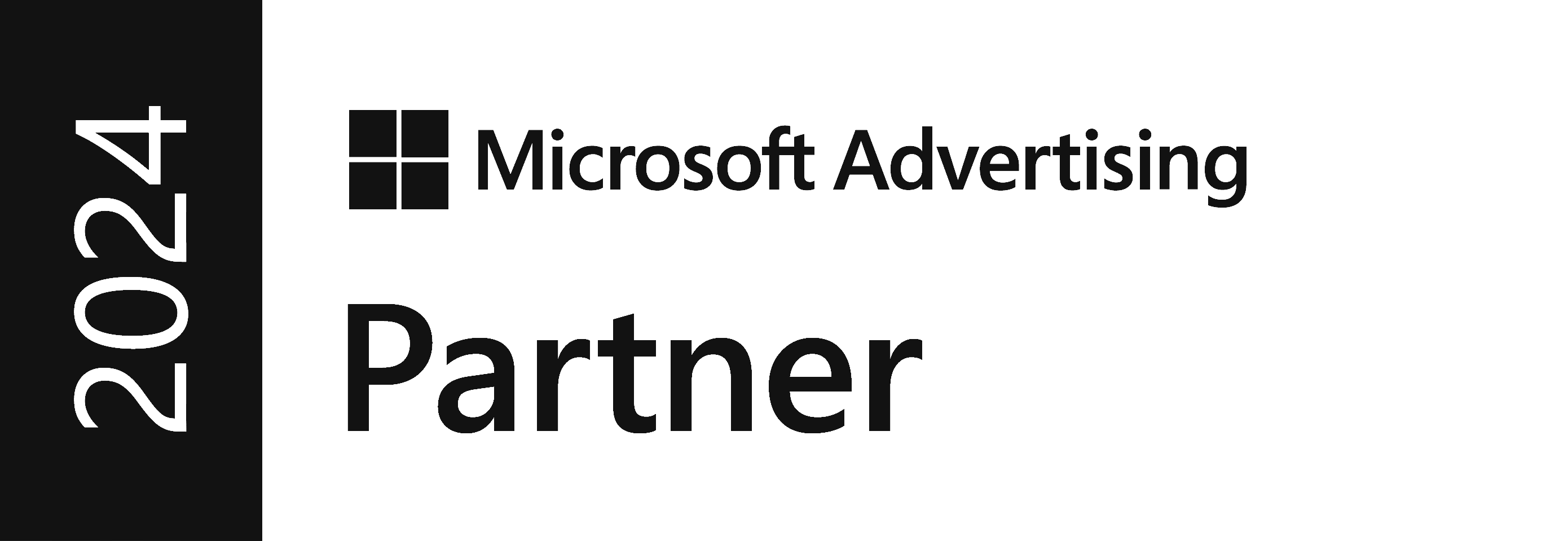After a number of false starts and moving deadlines, Google has officially announced it is abandoning the deprecation of third-party cookies entirely. This shift in their strategy marks a significant change from their previous plans to phase out these cookies by 2024 or 2025.
Google first announce the phasing out of third-party cookies by 2022, but the pushback was intense, the alternatives patchy at best, and this caused a series of delays. In April 2024, Google announced that they were delaying the phase out until 2025. And now, in July 2024, the plan has been shelved entirely, with no definitive end date for the depreciation of third-party cookies set as we type.
What is a third-party cookie?
Unlike first-party cookies (which are set by the domain they are placed on, such as analytics cookies to track website activity), a third-party cookie is a small piece of data stored on a user's browser by a website other than the one they are currently visiting. These cookies are often used for tracking and advertising purposes. For example, if you visit a website, third-party cookies from advertisers or analytics services may be placed on your browser to track your browsing behaviour across different sites. This information helps in creating targeted advertisements based on user interests.
Why were Google looking to get rid of third-party cookies?
In a word; privacy. Third-party cookies track users across multiple websites, and users are often unaware of how their data is collected and used for targeted advertising, leading to a demand for greater transparency and control over personal data. There have also been more regulations that require companies to handle user data with greater care.
However, Google makes a huge amount of money from advertising, and it was clearly looking to balance the needs of the user with the needs of advertisers. After all, advertisers don’t want to waste money showing ads to people who aren’t potential customers any more than users want to be bombarded with junk. However its solutions, like a Privacy Sandbox, were shaky at best – with advertisers fearing a 60% reduction in advertising revenue – and Google acknowledged that they didn’t really have anything that matched the effectiveness of third-party cookies
What happens now?
Right now, we wait and see. Google are already in discussions with regulators (including the U.K.’s Competition and Markets Authority and Information Commissioner’s Office) about this update, but they have announced that they’ll be offering an “updated approach” – and “new experience in Chrome.” This will allow users to make informed choices about their browsing and data collection, which can be adjusted any time they want. It's a move designed to please everyone; users will get some form of protection and control, data policymakers are appeased, and ad performance will remain robust for digital marketers.
What does this mean for digital marketing?
It’s certainly not the end of the privacy conversation, but it is a bit of breathing space for digital marketers and publishers (these are the websites that sell advertising space. Less targeted ads mean fewer clicks, which mean less income for them). While we don’t know what Google’s alternative solution will look like at the moment, it does give more time to plan new strategies for targeting and measuring digital marketing campaigns.
It will be interesting to see how other platforms respond. With such a huge market share when it comes to online advertising, Google often leads the way with new initiatives and we typically see others follow suit (like Microsoft Ads' recent consent mode rollout, which pretty much follows the steps that Google pushed out a few months ago).
If you have any questions about your digital marketing and how to balance measurement with user privacy, get in touch with the team at Optix.
1st Floor, Alphin Brook House,
Alphin Brook Road,
Exeter EX2 8RG
MORE THAN
Digital
Marketing.
View our sustainability page.
PPC for B2B
PPC for Law Firms
PPC for Luxury Ecommerce Brands
PPC for Travel and Tourism
GEO Audit






